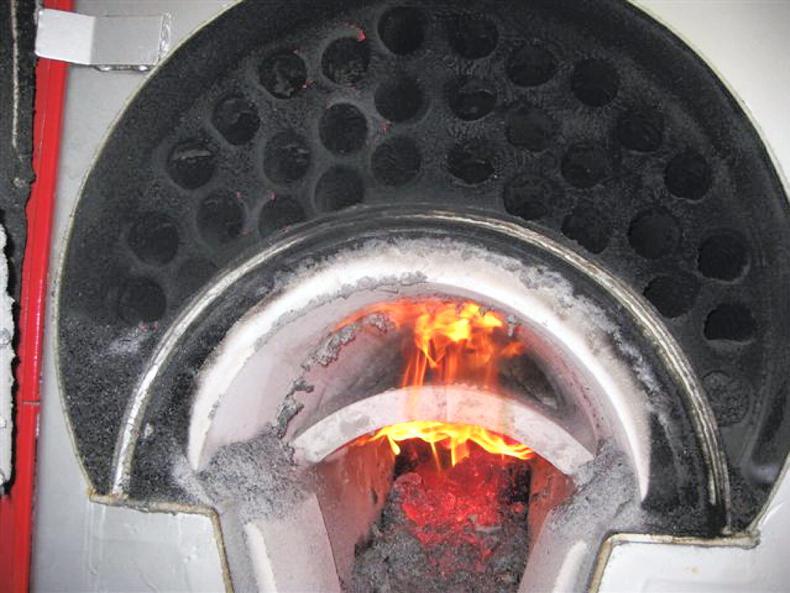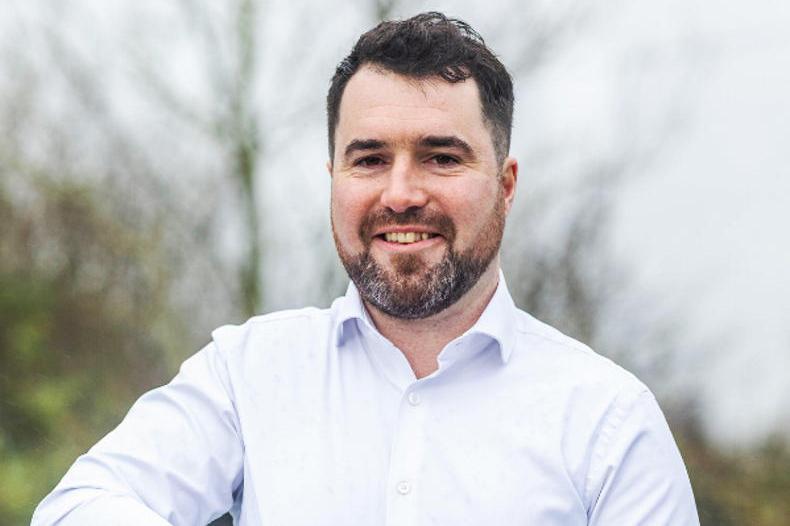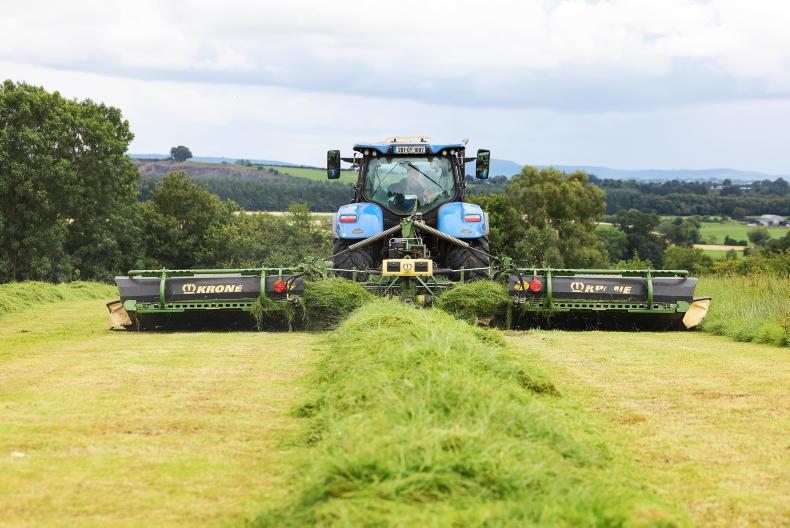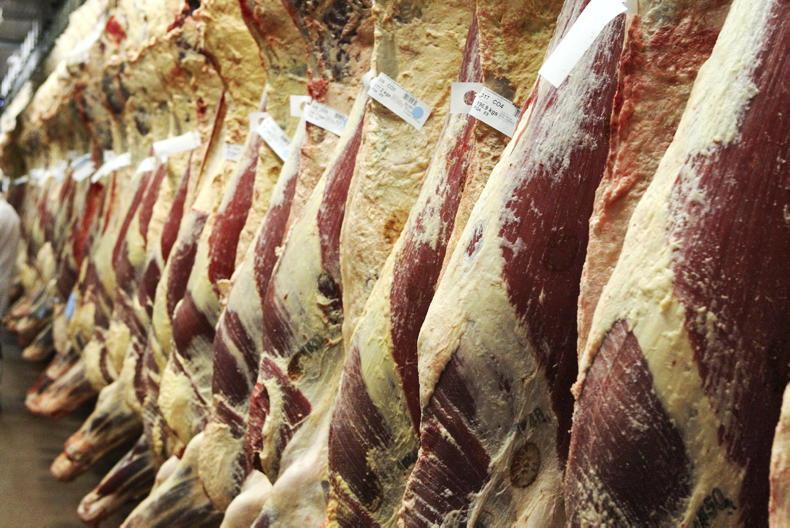Proposals to pay Renewable Heat Incentive (RHI) claimants a lump sum to allow the scheme to be shut down early have been largely dismissed by scheme participants.
Last week, Economy Minister Diane Dodds announced that the NI Executive’s “preferred option” for the future of RHI was a compulsory buyout for all participants.
Under the proposals, most RHI claimants would receive either £35,000 or £35,500 for each 99kW biomass boiler, depending on when it was originally installed.
“If we get a big payment at once, it will push most businesses into the 40% tax bracket so the buyout will only be worth around £20,000. It isn’t near enough,” said one local poultry producer.
“If we accept the money and RHI closes then we will have no chance of the RHI scheme in Britain ever being extended to NI,” commented another RHI participant.
A similar argument has been put forward by the Ulster Farmers’ Union, who point out that closing RHI will put NI farmers at a “serious disadvantage” compared to their counterparts in Britain.
The RHI scheme in Britain is still open for new applicants, with an annual payment of £9,920 available for a typical 99kW boiler. The same boiler in NI will bring in £2,340 each year under current RHI tariffs.
Both the UFU and the Renewable Heat Association for NI have questioned the calculations used by the Department for the Economy in developing the new proposals.
The organisations are also critical of the consultation process where views from the public are sought on four different proposals, despite one already being highlighted as a “preferred option”.
Different buyout
The proposed buyout for RHI participants differs considerably from a voluntary buyout offered in late 2018.
Back then, most RHI claimants were deemed ineligible for any lump sum because the tariff payments they had received to date already covered their installation costs.
The new proposal does not consider previous tariff payments and buyouts are instead, based on boiler type, size, and the period left on scheme agreements, which is 15 years for most participants.








SHARING OPTIONS